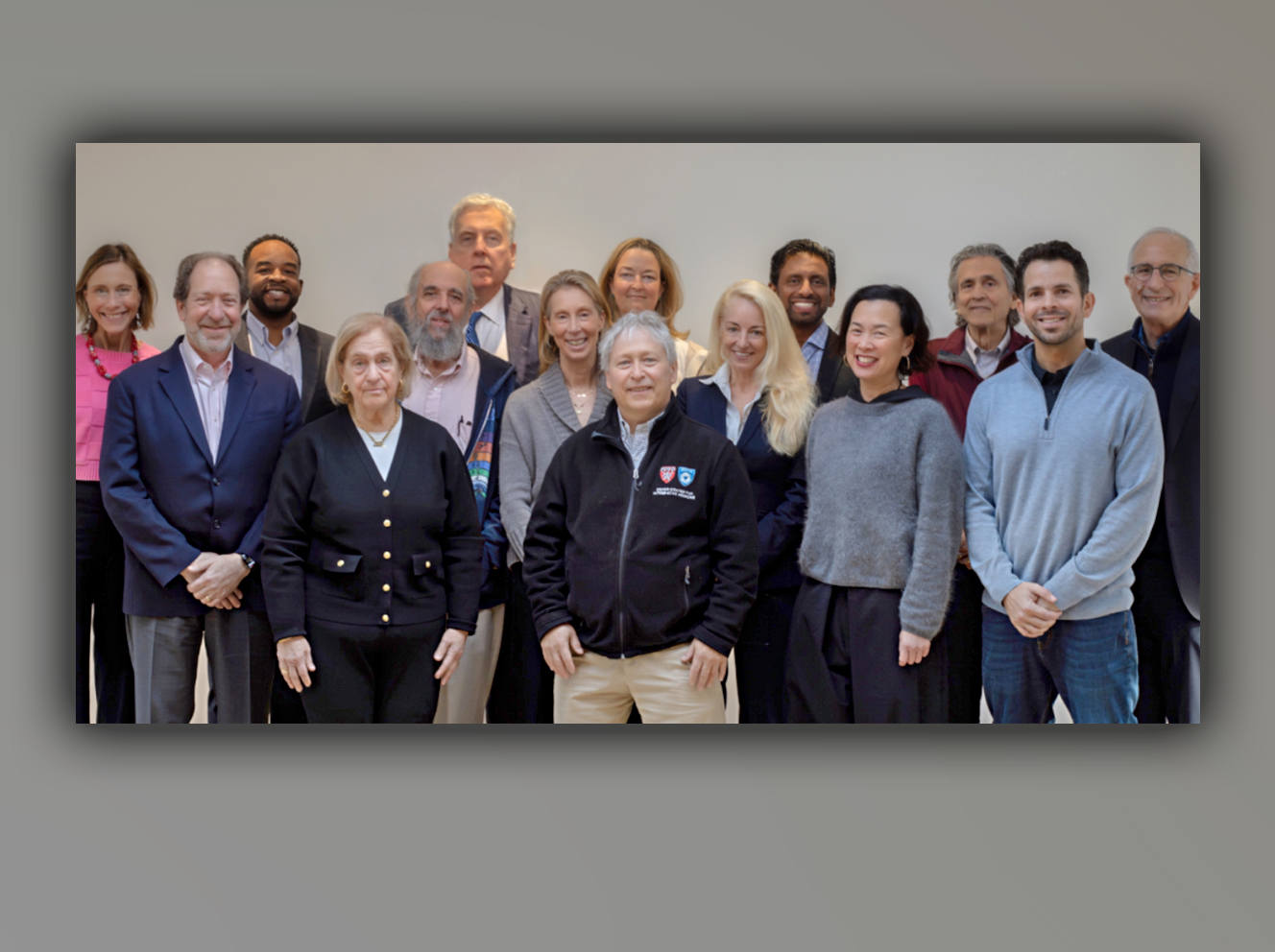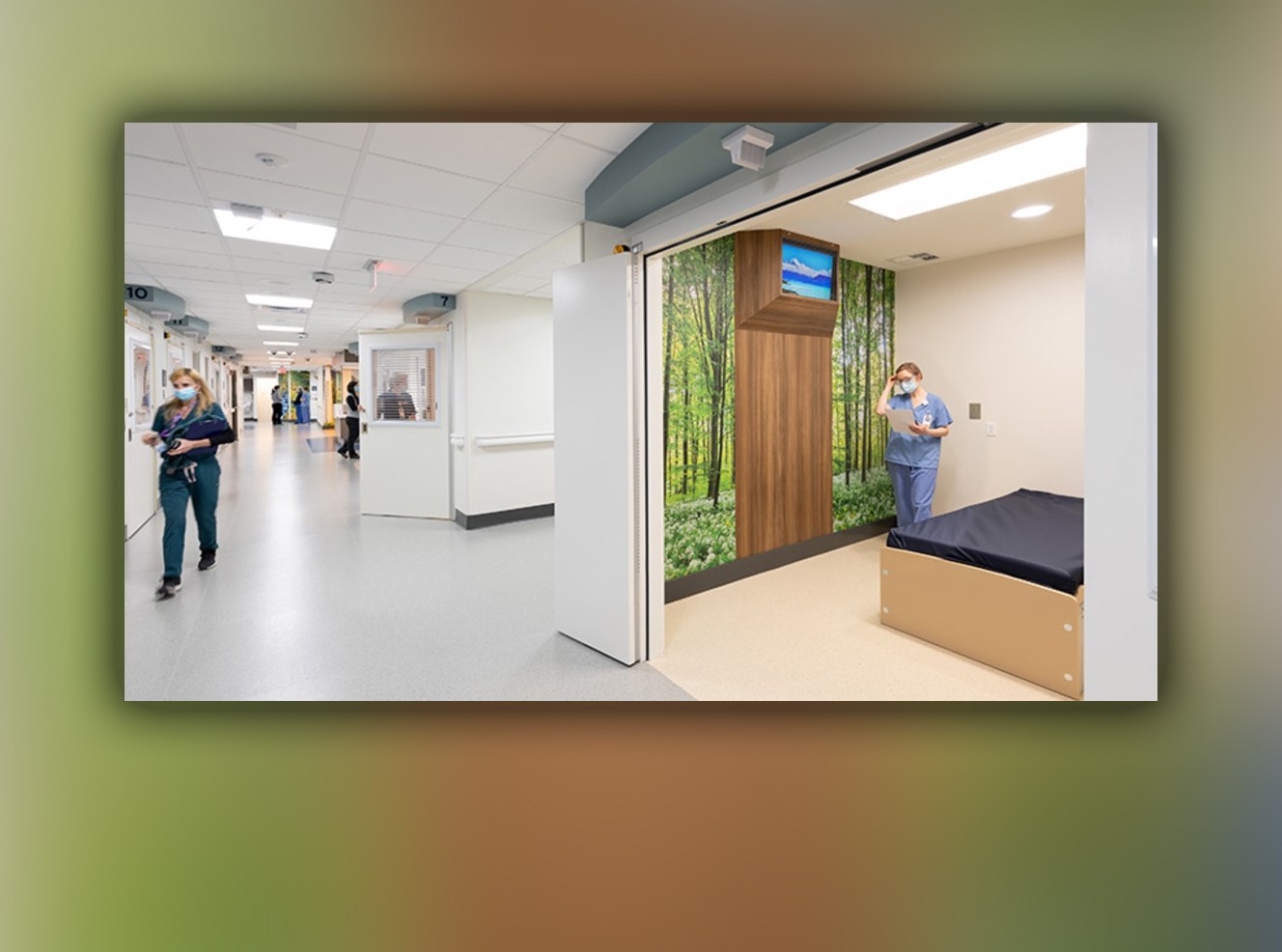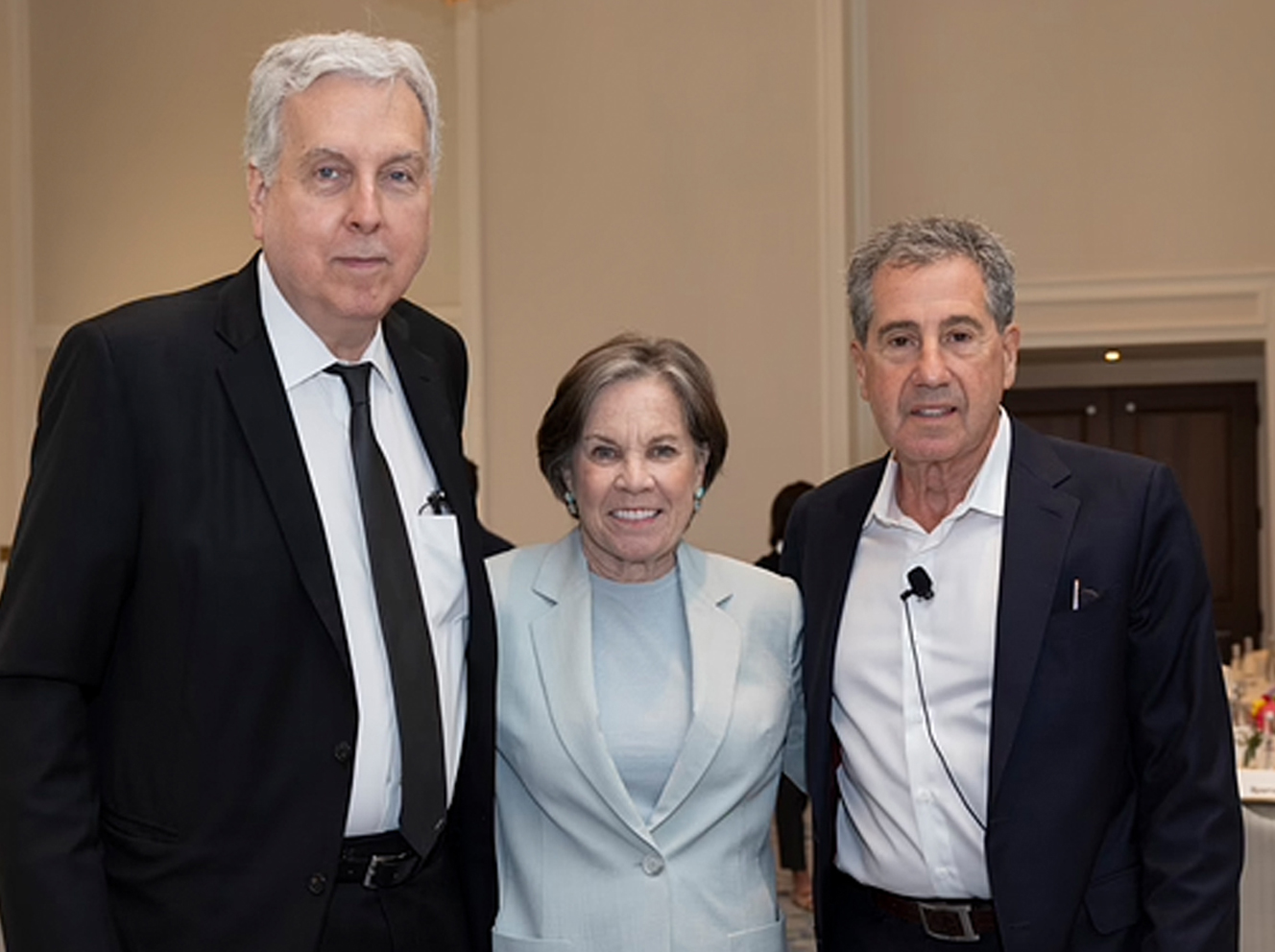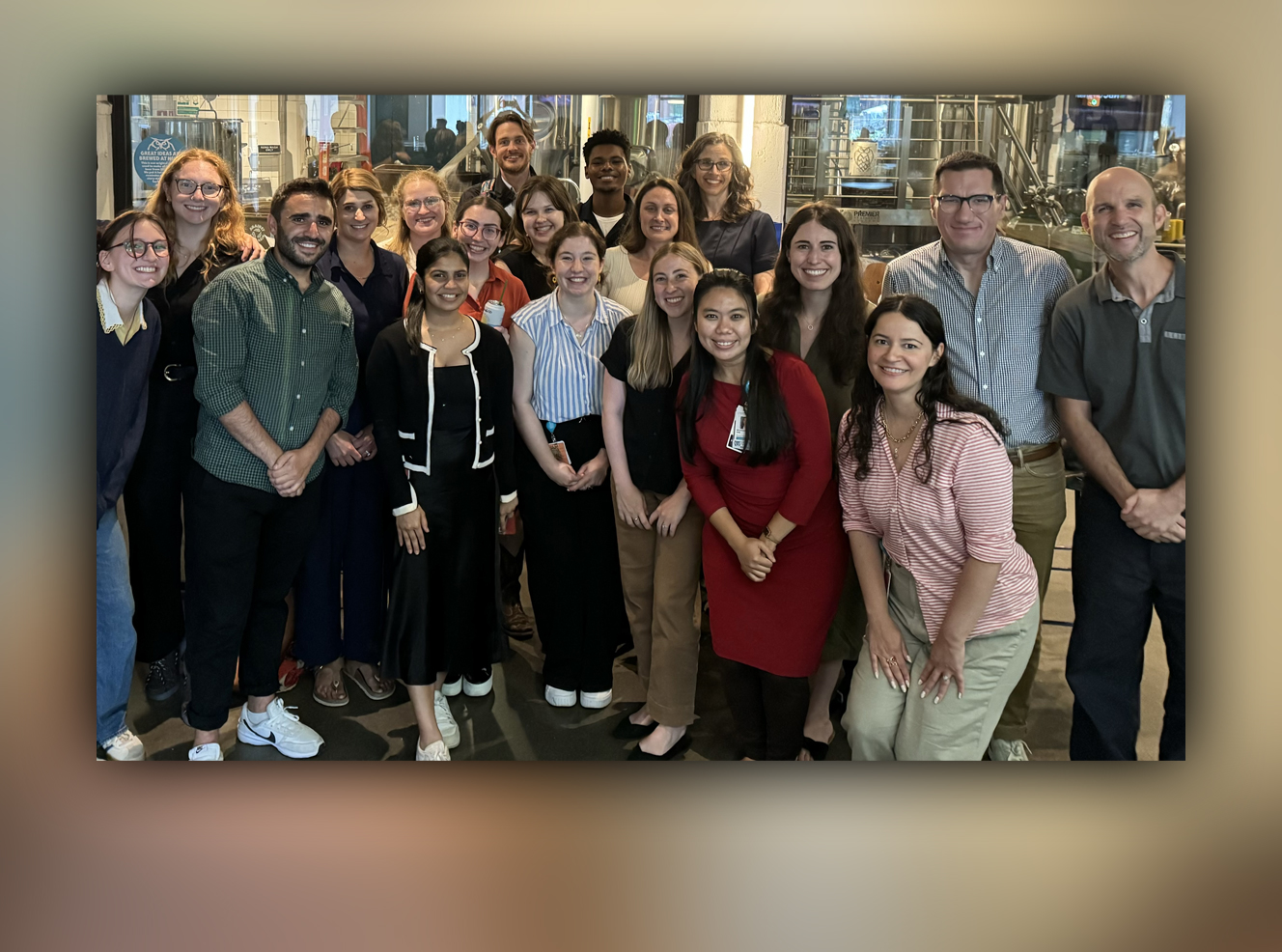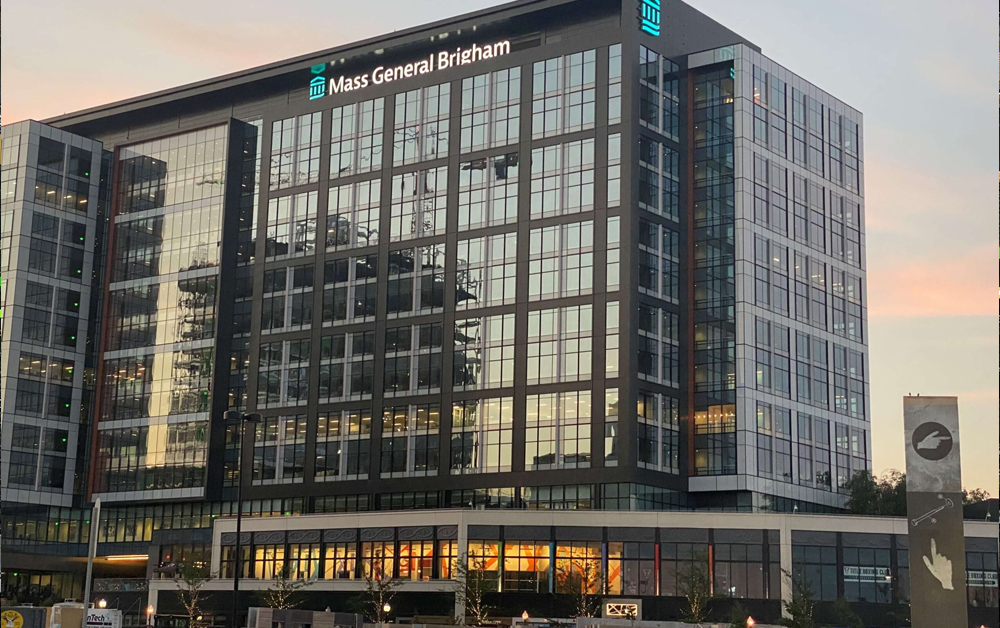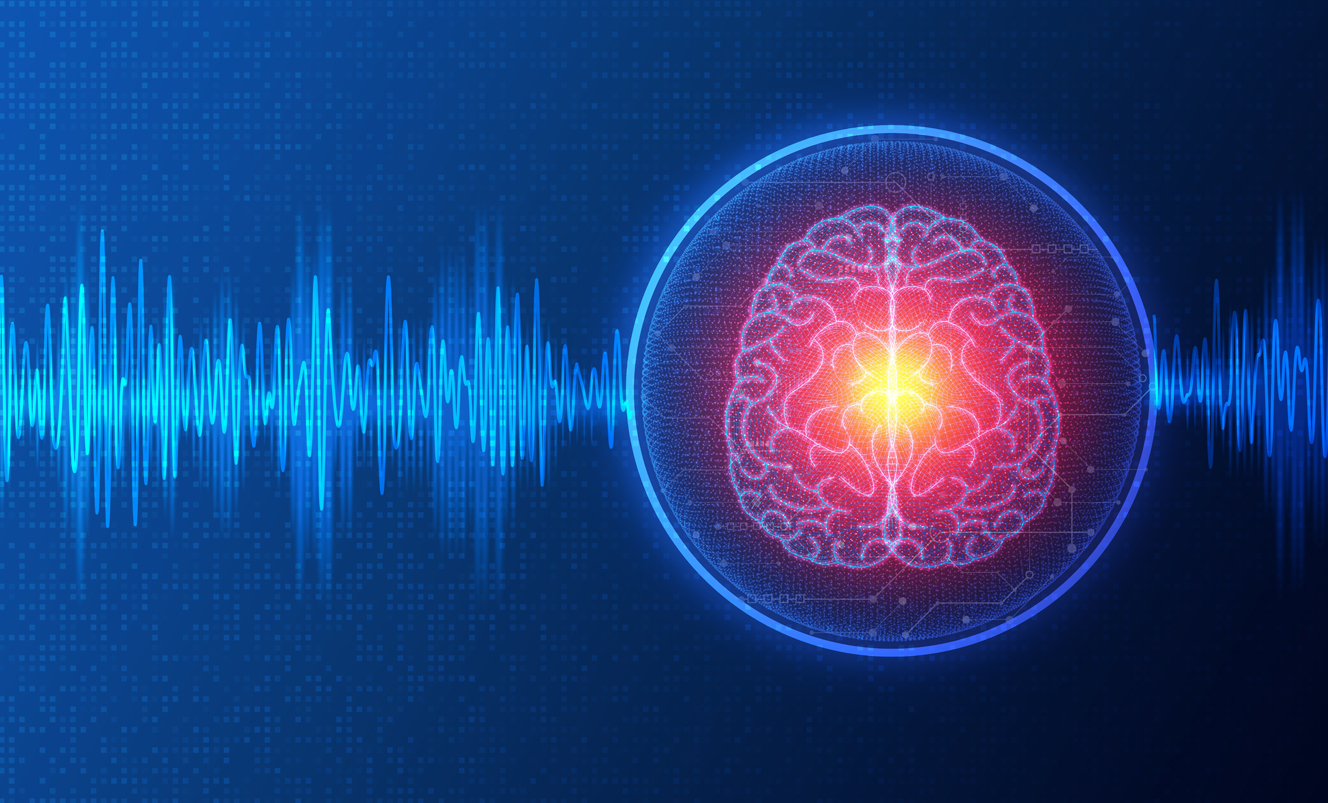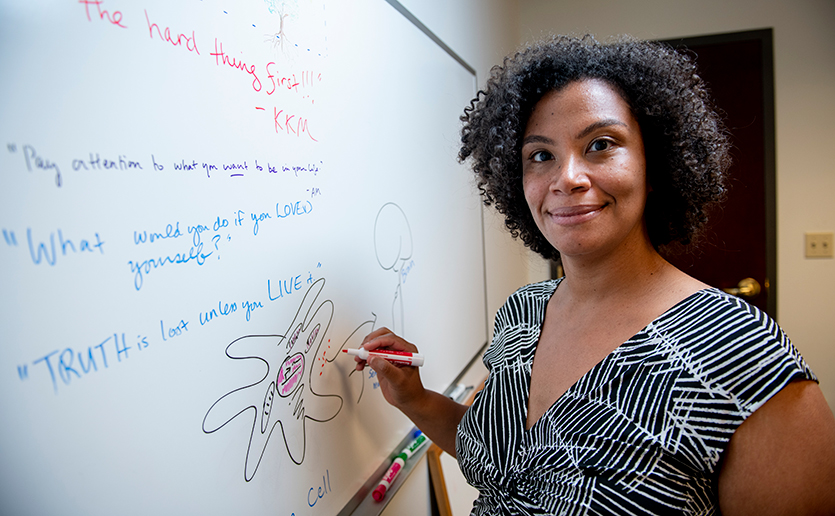Massachusetts General Hospital’s Psychiatry Department is uniquely positioned to pioneer new models of care to remove barriers to treatment, end disparities in care and reduce the stigma of mental illness.
- We have the largest clinical research program at the hospital and a long history of developing first-in-class technologies and scientific discoveries.
- More than 60 specialty integrated clinical and research programs address nearly every aspect of psychiatric disorders and mental illness.
- Recognizing the growing importance of “precision psychiatry,” we’re taking state-of-the-art, tailored approaches to patient care, informed by research at the forefront of genetics, molecular biology and neuroscience.
These strengths will support our ongoing efforts to discover and employ new techniques and tools to identify people at risk, improve treatments and prevent illness.

Imagine a future where …
- People in need have access to Mass General–quality mental health care regardless of their geographic location or socioeconomic status.
- Mental illnesses are prevented, identified and treated as early as possible.
- The pioneering use of new technologies expands access to treatments.
- Treatments are personalized, timely and accessible.
The best way to predict the future is to create it. Now is the time, and Mass General is poised to lead the way.

Pediatric Psychiatry Programs Focus on Youth Mental Health
Mass General is making a concerted effort to address the increasing mental health needs of youth through unique, scalable, evidence-based programs that expand access to youth mental health care.
Americans are living longer, and most of us want to age in place, at home, as long as we can. Unfortunately, our health care systems are not designed to accommodate this wish. That’s why two pioneering Massachusetts General Hospital psychiatrists and experts in older adult health, Olivia Okereke, MD, MS, Terry and Jean de Gunzburg MGH Research Scholar 2021-2026, and Anthony Weiner, MD, are leading Care for America’s Aging, a four-year project exploring a new way to provide high-quality, preventive care at home — while lowering costs, improving patient outcomes and quality of life and accelerating the career trajectories of home health professionals.
We’re investing in …

People
Recruitment and retention of a diverse range of talent is vital for our department to remain at the forefront of research, training and clinical care.
- Chairs provide salary support for investigators and clinicians, enhancing their ability to pursue research and program development.
- Training the next generation of physician-scientists while addressing inequality and increasing diversity is another key priority.
- Endowed fellowships help us to recruit the best and most diverse talent and to empower them with the resources to excel.

Infrastructure
By developing and leveraging new technologies, we’ll continue to improve psychiatric care for all who need it.
- We’ll expand access to treatment and help clinicians provide more efficient care to more patients.
- We’ll investigate the best care models for virtual and outpatient services, including telepsychiatry, and affordable digital health platforms, such as smartphone applications.

Programs
Through the launch of innovative programs, we’ll do our part to bring an end to the country’s mental health crisis.
- The Center for Precision Psychiatry will integrate research and clinical care and establish the department as the national leader in precision psychiatry, identifying early risk for mental illness, targeting treatments for each patient and eliminating the process of trial and error.
- The Mass General Psychiatry Academy will expand to become a comprehensive, web-based multimedia platform that delivers training and other educational resources for health care professionals as well as patient and family education programs for the general public.
- The Institute of Paraprofessional Mental Health Training will advance the mental health training of the health care workforce to narrow the growing gap between demand for services and supply of psychiatrists. The institute will train a range of nontraditional mental health paraprofessionals, such as community health workers and primary care providers, thus building capacity and strengthening communities.

